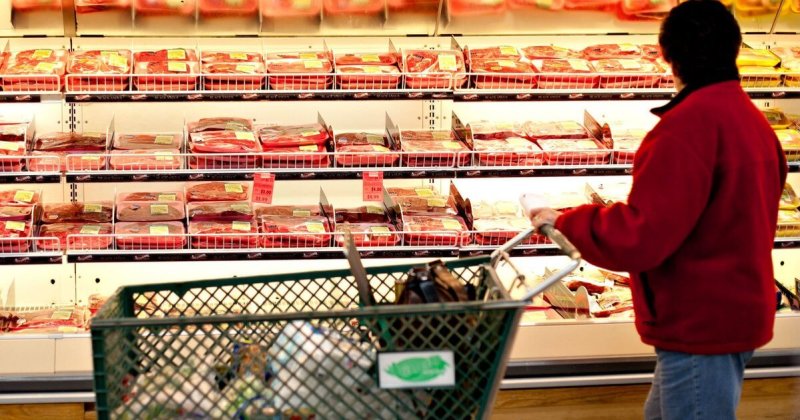However, trying to steer people’s tastes away from meat is unlikely to reverse this trend. After decades of public health campaigns in the US, beef consumption per capita has fallen substantially but still remains higher than in nearly any other country.
…
The carbon footprint of plant-based meats is lower than that of beef and pork and comparable to that of chicken and other poultry. The carbon footprint of cell-cultured meat (also referred to as cultivated, lab-grown, or cell-based meat) is still unclear, but early evidence suggests this food source will be less carbon-intensive than beef and could be comparable to chicken if produced with clean energy.
But we must not lay our hopes on the prospect of billions of people putting down their forks at once. Rather, we should use all the tools at our disposal. That means supporting dietary changes, alternative proteins, low-impact livestock, and other approaches to reduce the downsides of meat production and give us more sustainable options for what to eat.
































